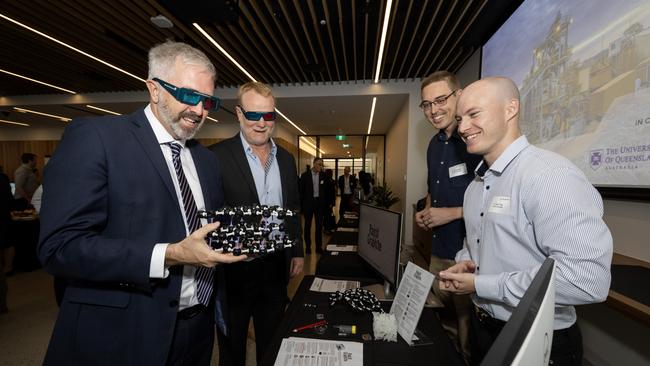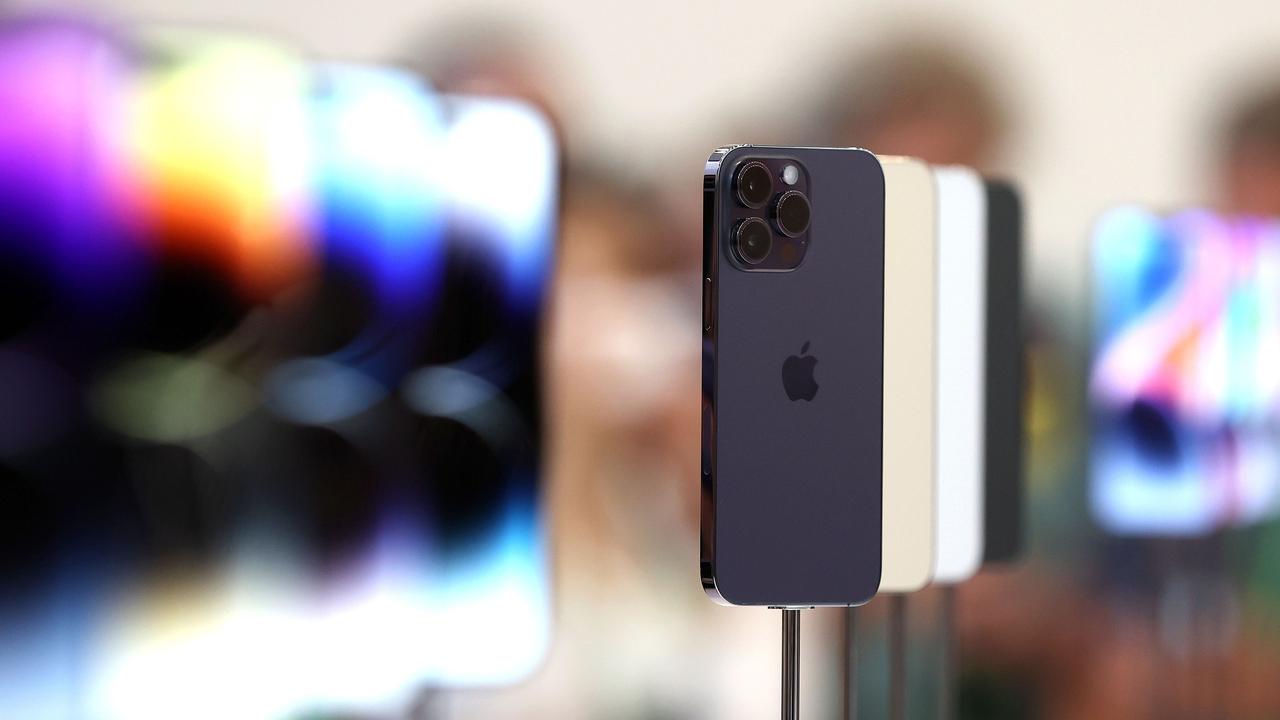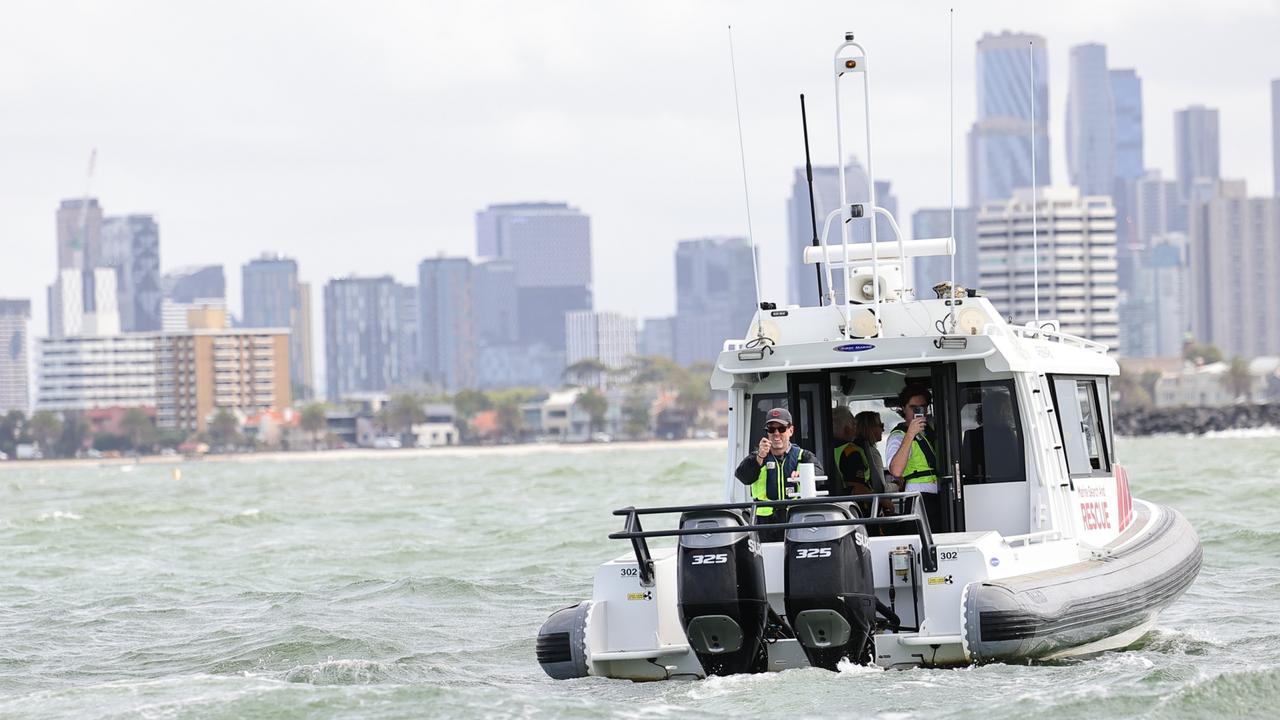RapidGraphite venture lands funding via new Curtin University $18.6m venture studio
A researcher’s PhD discovery that could make Australia less reliant on China’s critical minerals is one of four new ventures that has won a spot in Curtin University’s $18.6m venture studio.

A West Australian researcher and academic who has developed a method of creating synthetic graphite is one of four new protoventures set to benefit from a new $18.6m venture studio.
Dr Jason Fogg from Curtin University has discovered a way of turning waste into the critical mineral while completing a PhD in carbon materials.
Now he is attempting to turn his discovery into its own start-up, looking to scale it out of the university after receiving a share of $3m from the new Curtin Venture Studio launched at the Resources Technology and Critical Minerals Trailblazer showcase on Tuesday.
The idea behind the venture to be able to produce synthetic graphite at scale to meet global demand.
“As a part of my PhD, we developed catalytic methods for manufacturing synthetic graphite from waste sources or burst materials that are often overlooked as quickly graphite itself,” Dr Fogg said.
“In the last couple of years, we’ve really seen the commercial application of my work, where we’ve established that graphite can be manufactured faster and cheaper than traditional than traditional methods through the use of low-cost materials like waste plastics or biomass.”
Graphite makes up about a quarter of the weight of any lithium-ion battery, with electric vehicles containing as much as 70kg on average.
The critical mineral can be found in all sorts of consumer electronic devices from smartphones to laptops and even watches and “amid the green energy transition, there’s a real question around graphite”, Dr Fogg said.
“The key to the green energy transition is our ability to store power, and that might be through the storage of renewable energy from the likes of solar.”

As the world moves toward more electric vehicles and battery storage systems in homes, demand for graphite is booming.
“Currently there’s no way of meeting the demand for that critical mineral and the majority of graphite comes out of China,” Dr Fogg said.
RapidGraphite is one of four protoventures which have won a spot in the new venture studio. Others include SpiroPak has developed a way of reducing that amount of gas which leaks during chemical processes; Semi Vapor Electrolysis which produces green hydrogen directly from untreated sources of water; and Hobby which has developed a semi and fully automated drill control and drilling fluid management system.
Each will receive a share of $3m to accelerate their initial development and later have access to an investment promise from Curtin Venture Studio’s $10m seed fund.
Rohan McDougall, director of Curtin Venture Studio, said the founding of the studio marked a new era for the university.
“The $18.6m Curtin Venture Studio consolidates decades of network building, industry engagement, and infrastructure development into a singular framework, one that will accelerate the translation of deep technology research into commercial products and services that will benefit society and industry,” he said.
The venture studio would focus on helping projects and research, including that of Dr Fogg, reach a commercial level.
“Over the next six to 12 months, we will be testing the ability of the four protoventures announced as part of today’s launch to transition to full ventures by attracting private investment, recruiting senior leadership members and support staff, conducting R&D and prototyping exercises, all with customer validation from our Trailblazer industry partners,” he said.






